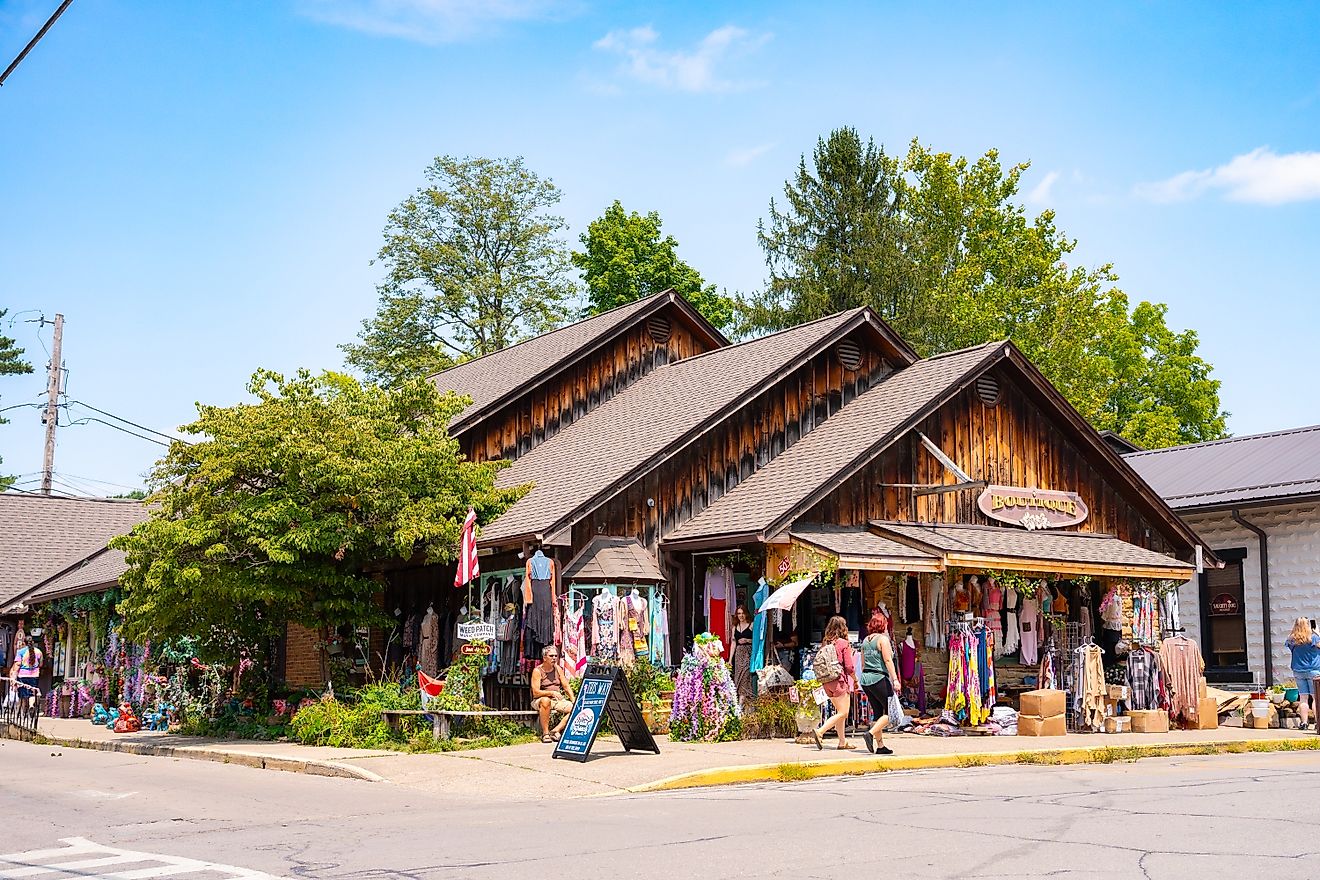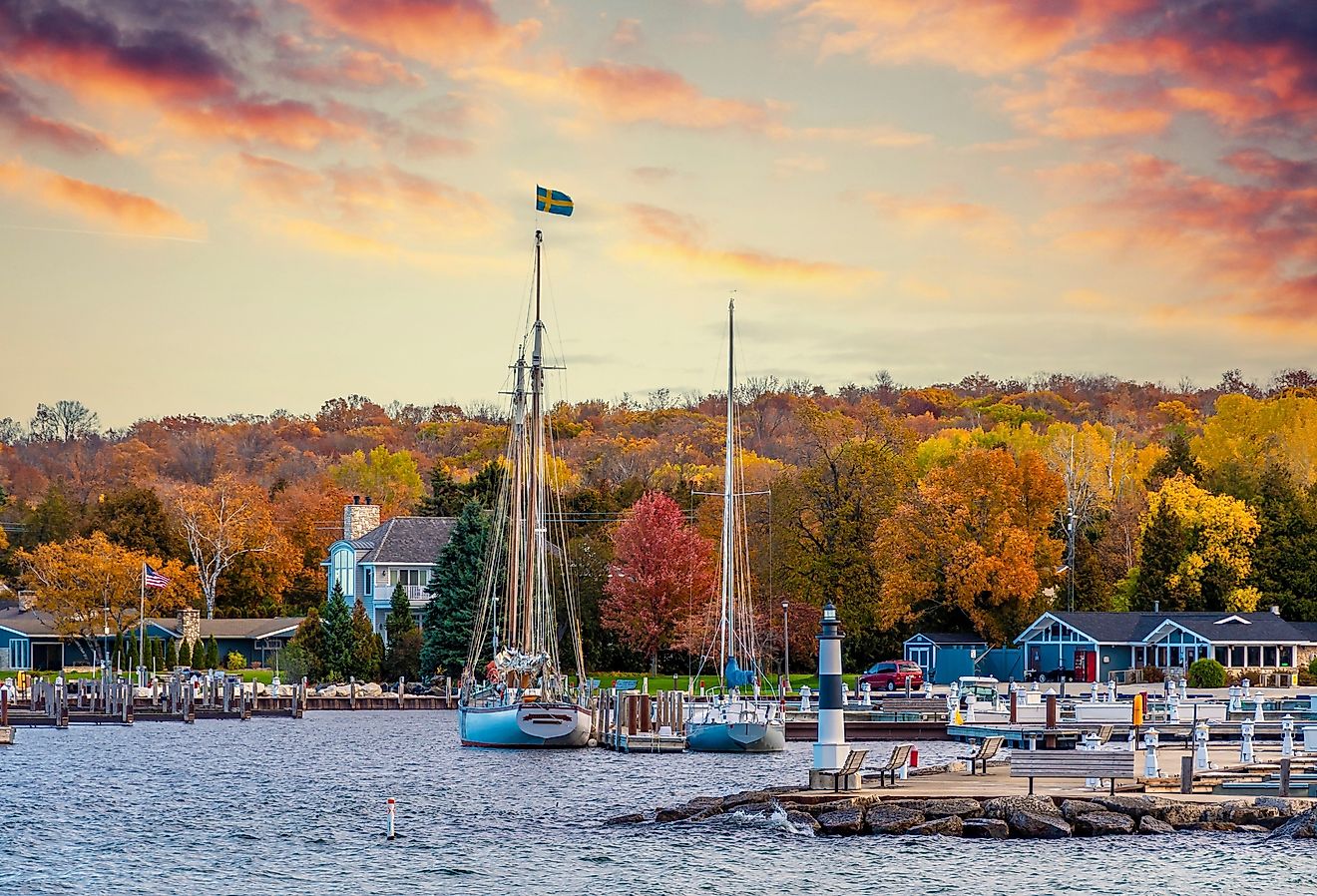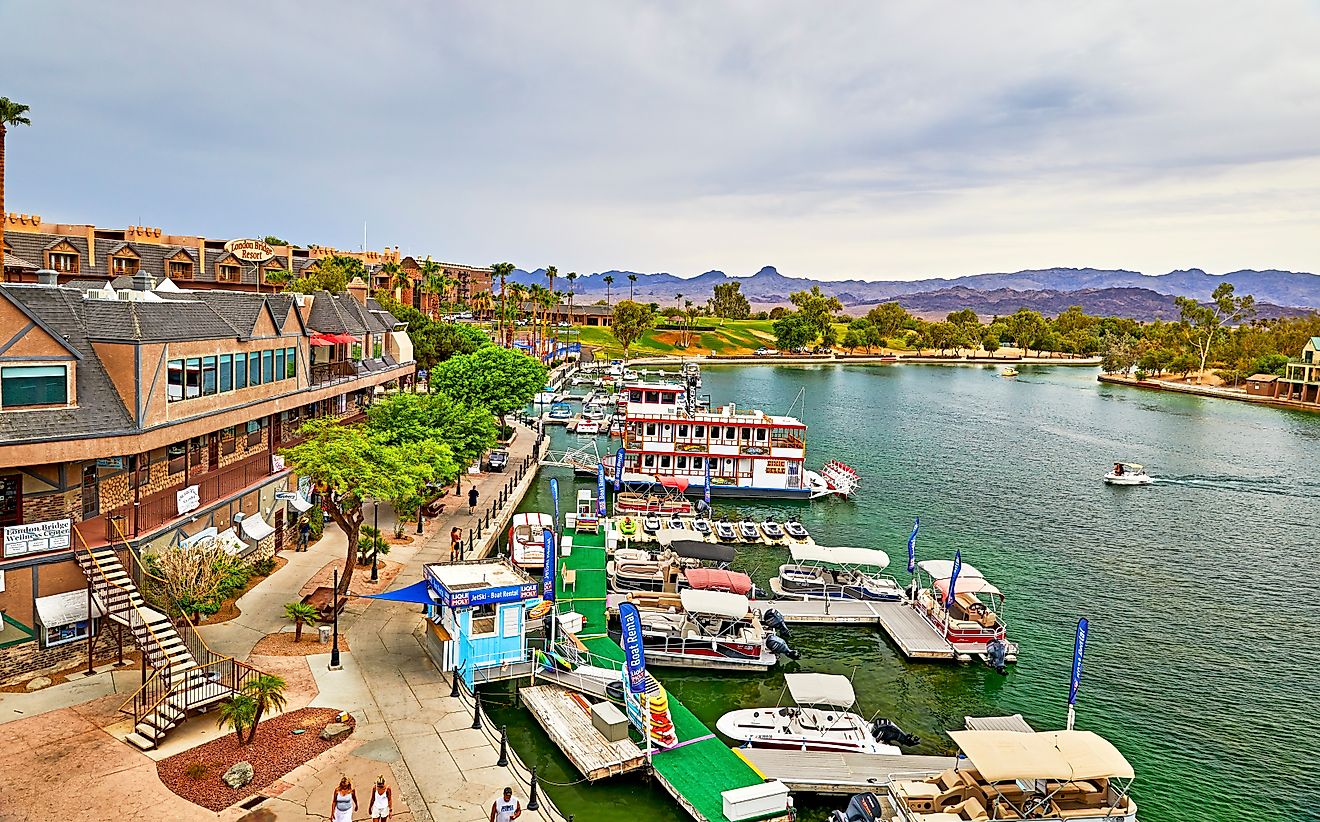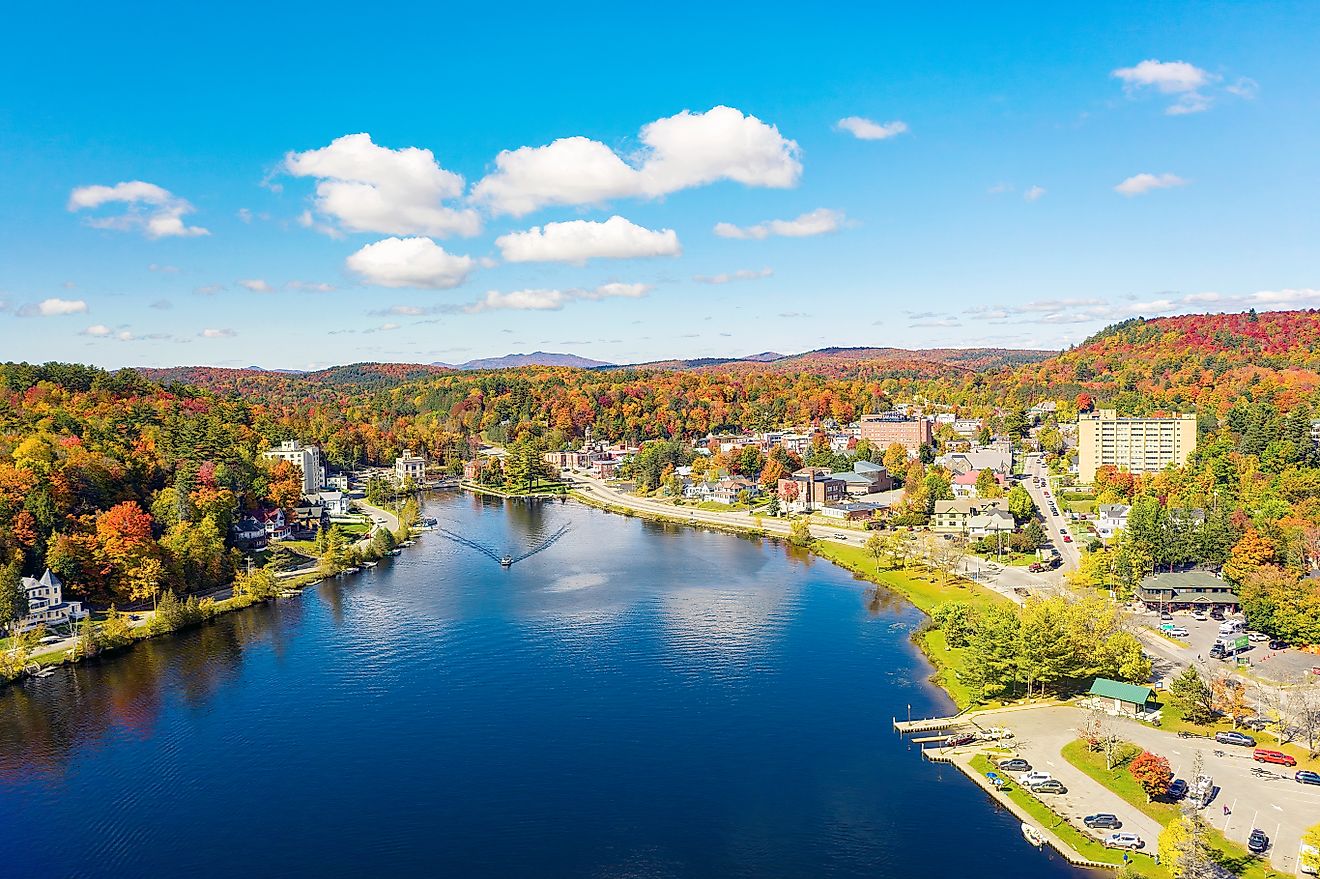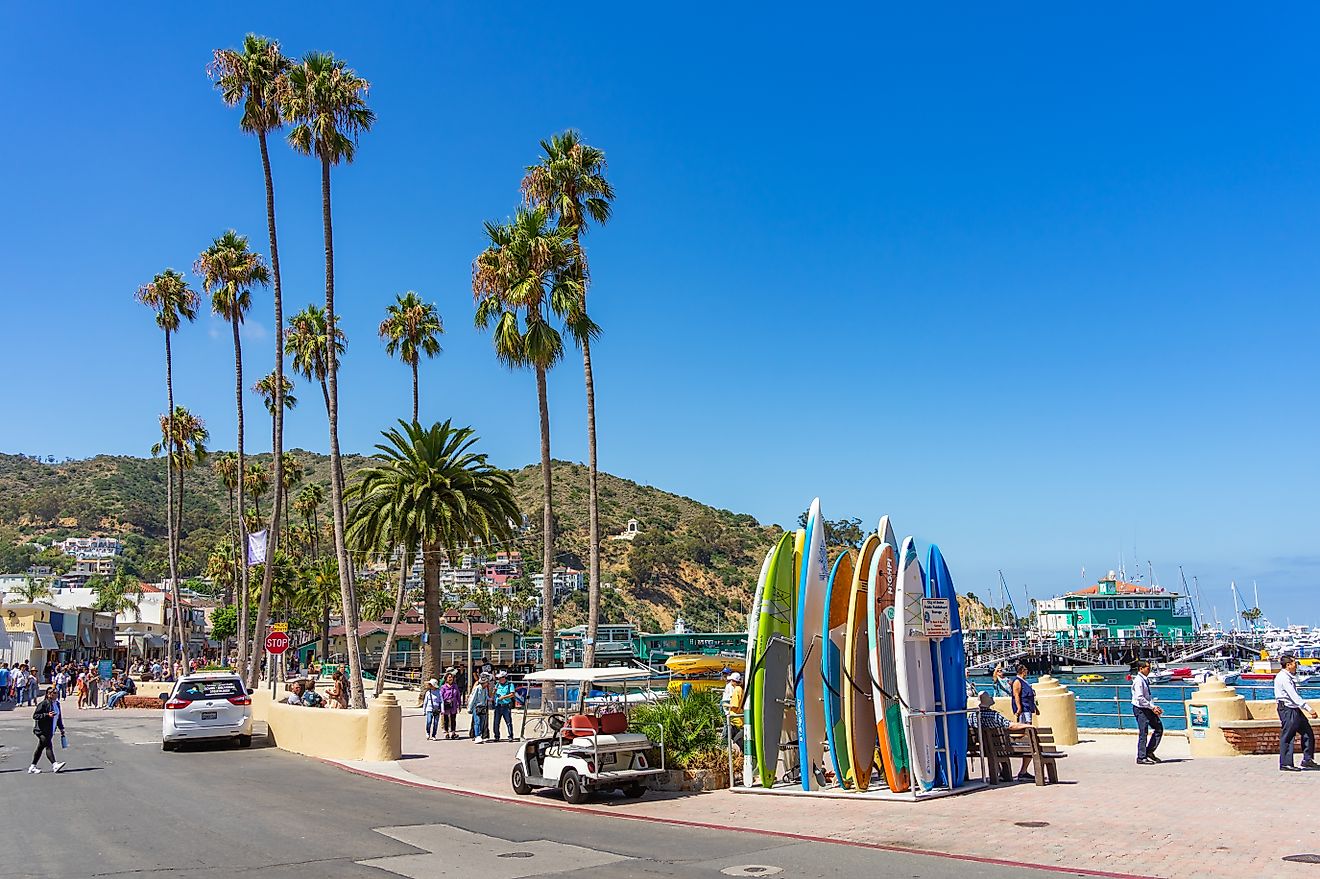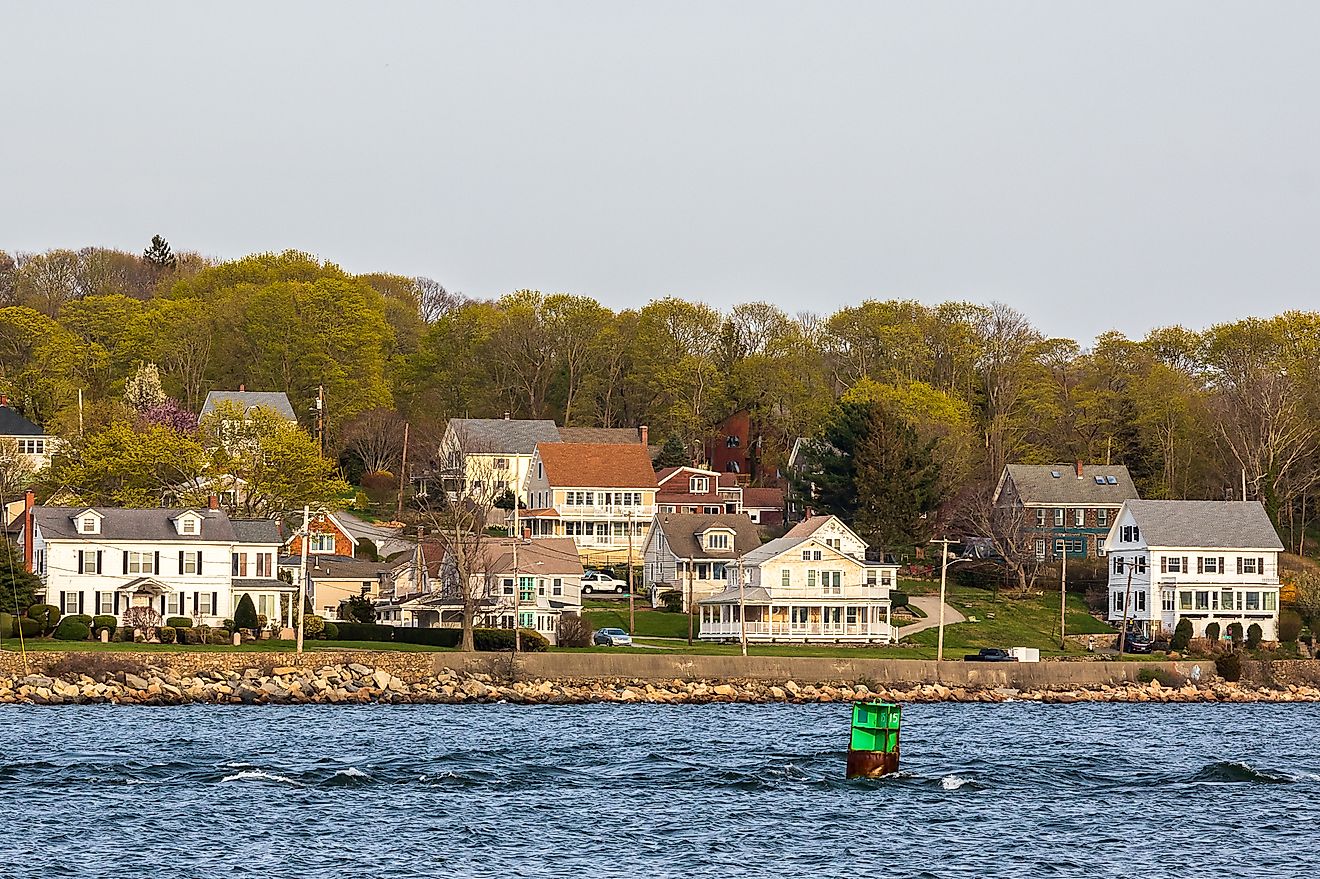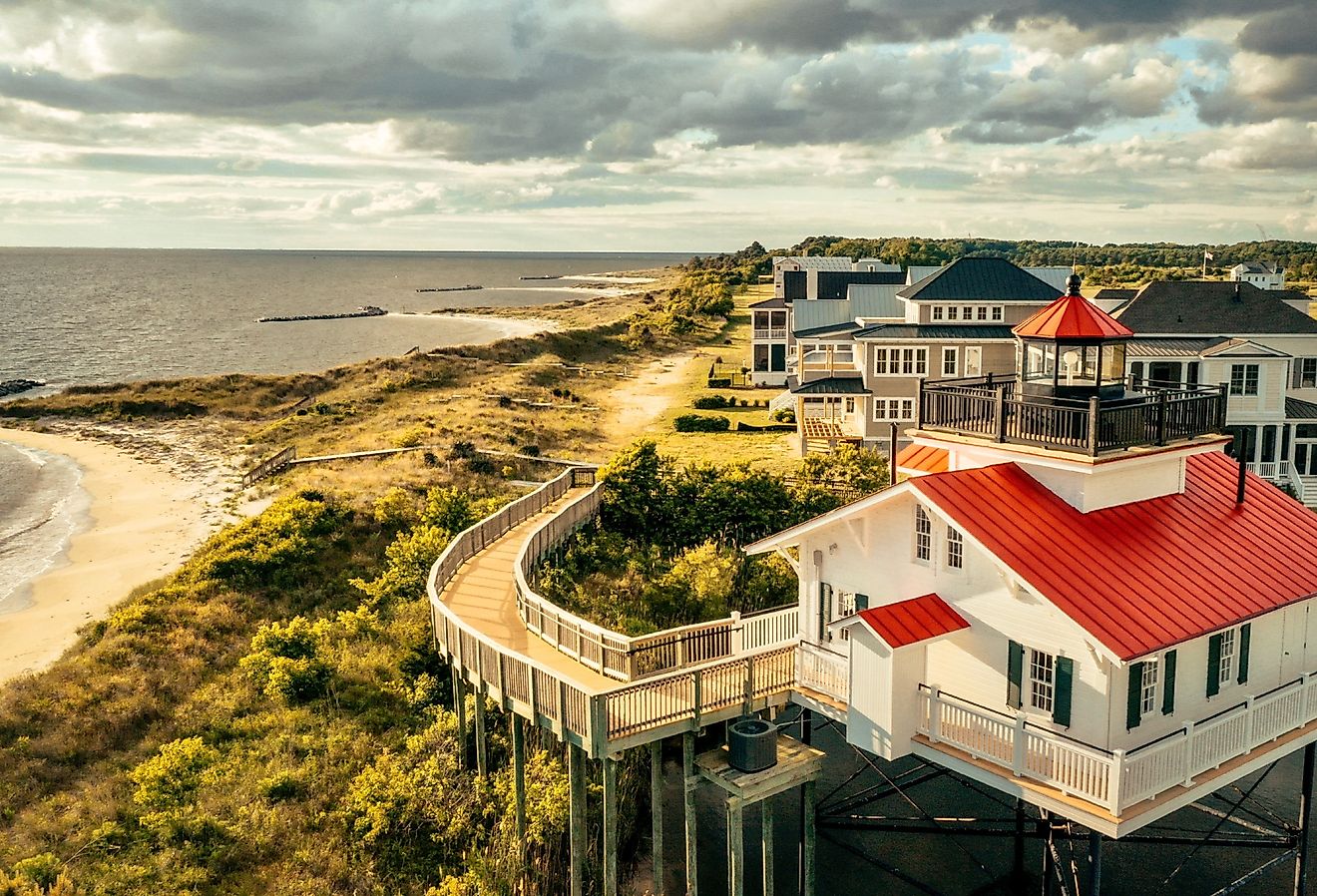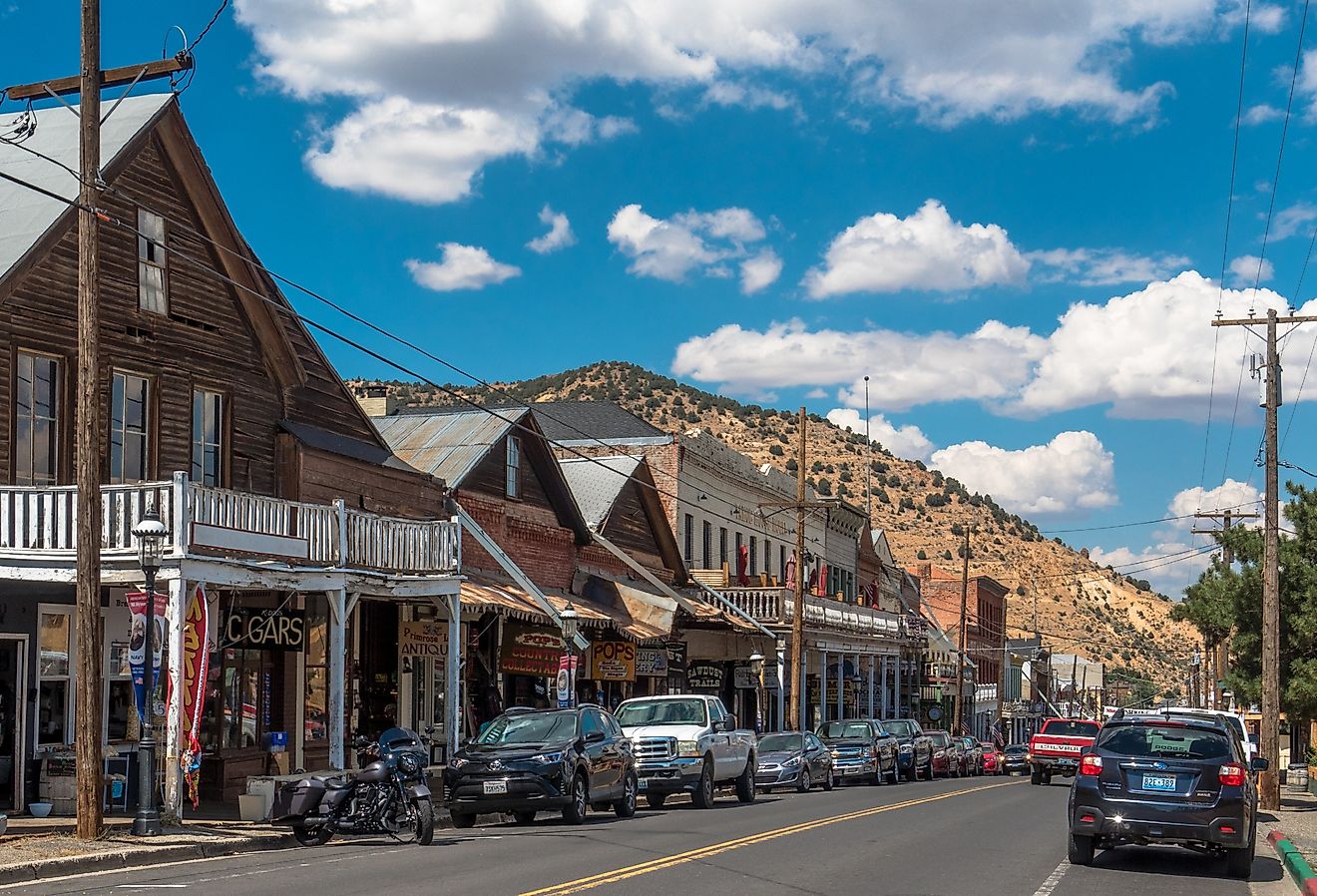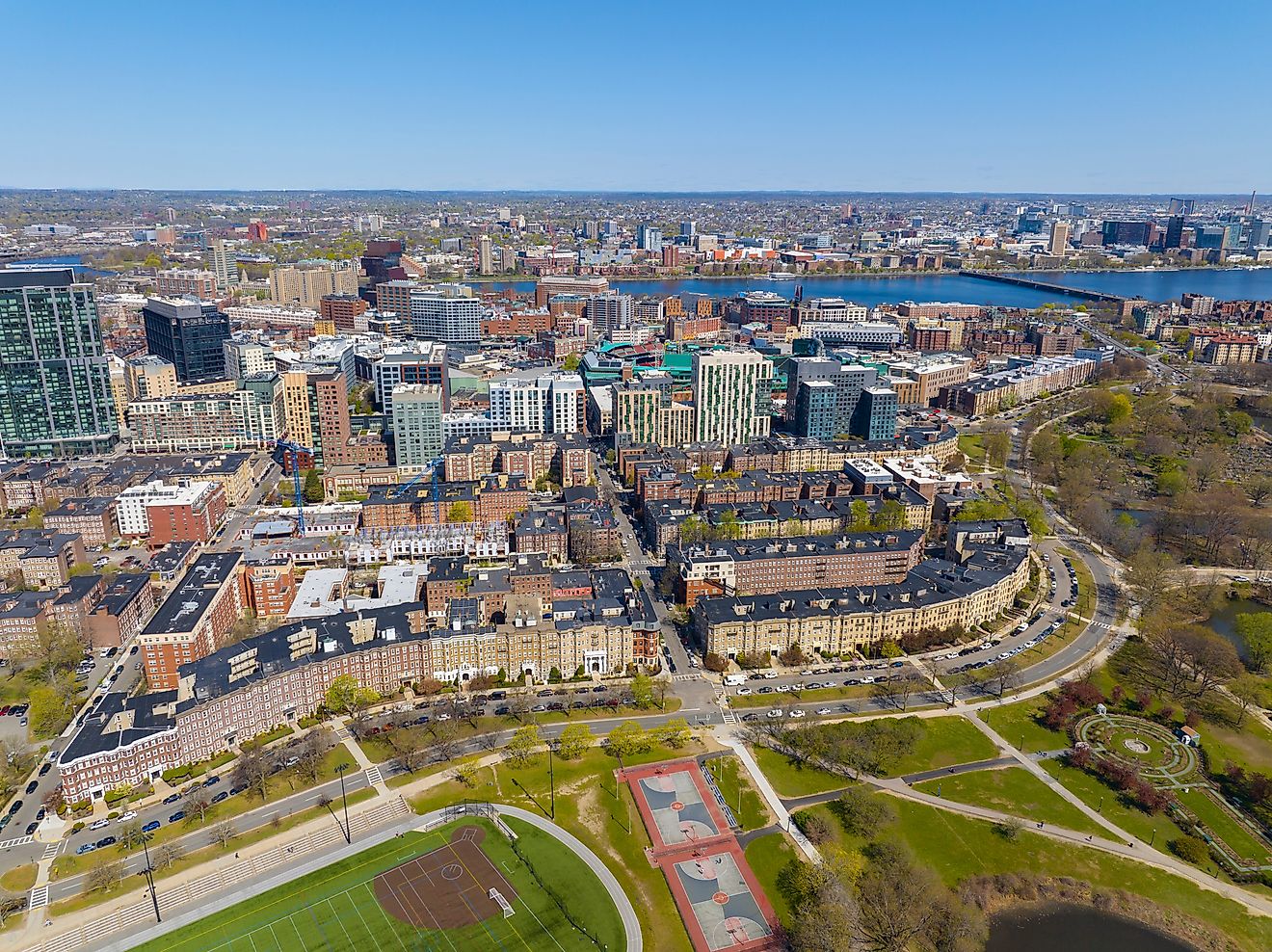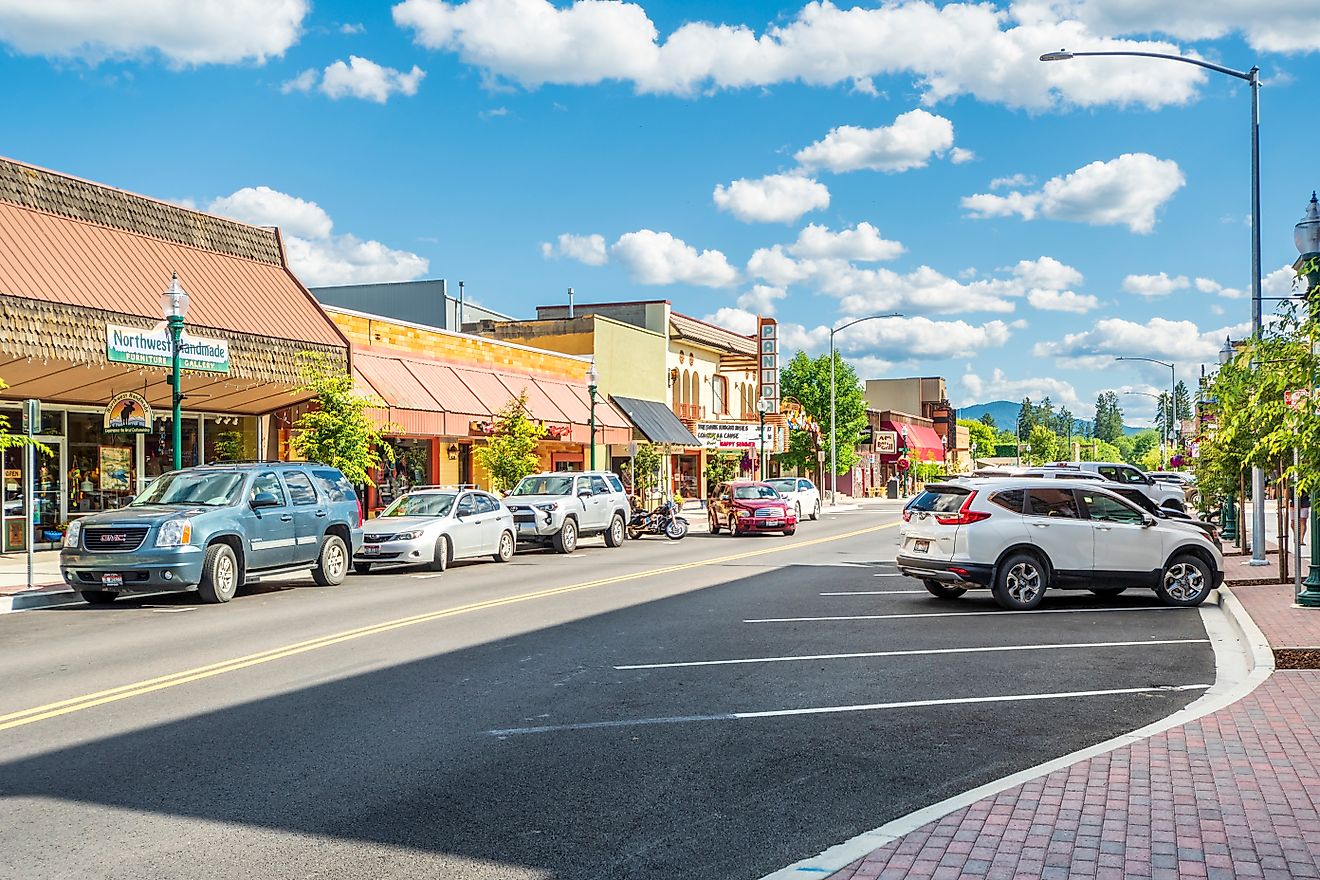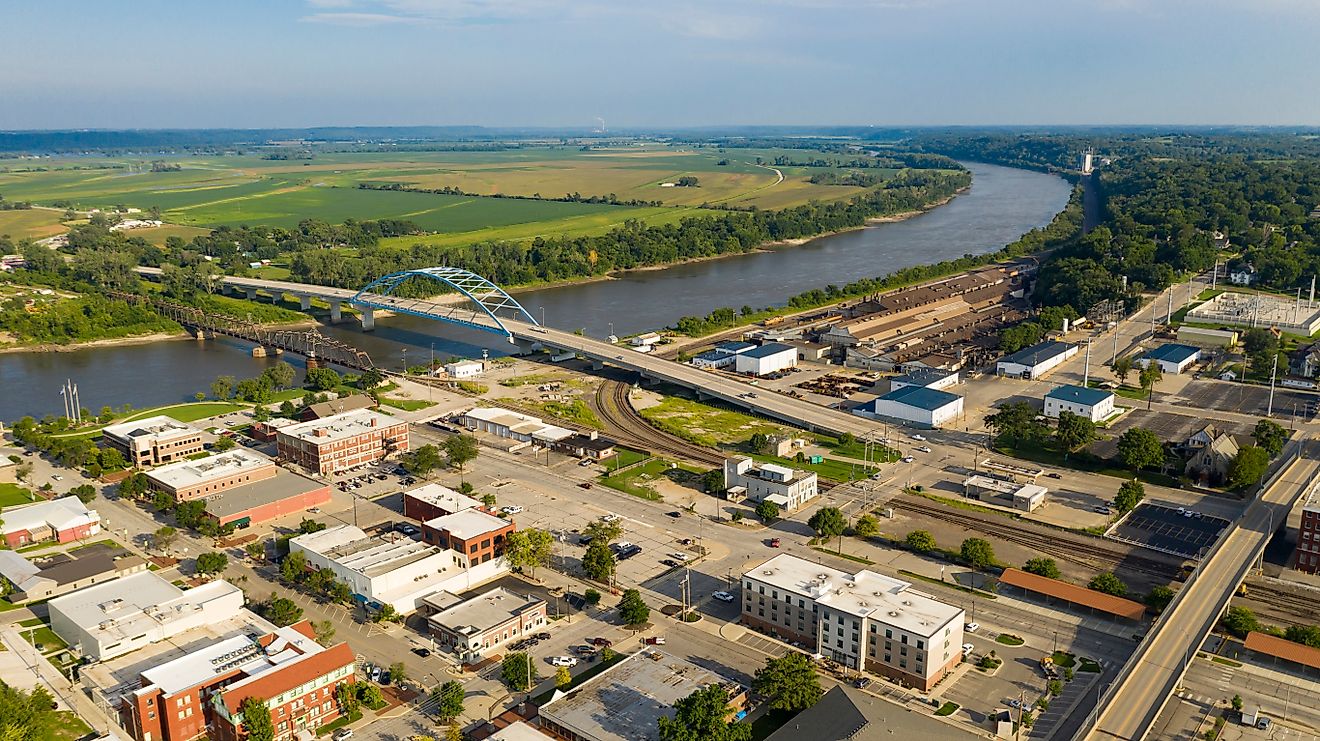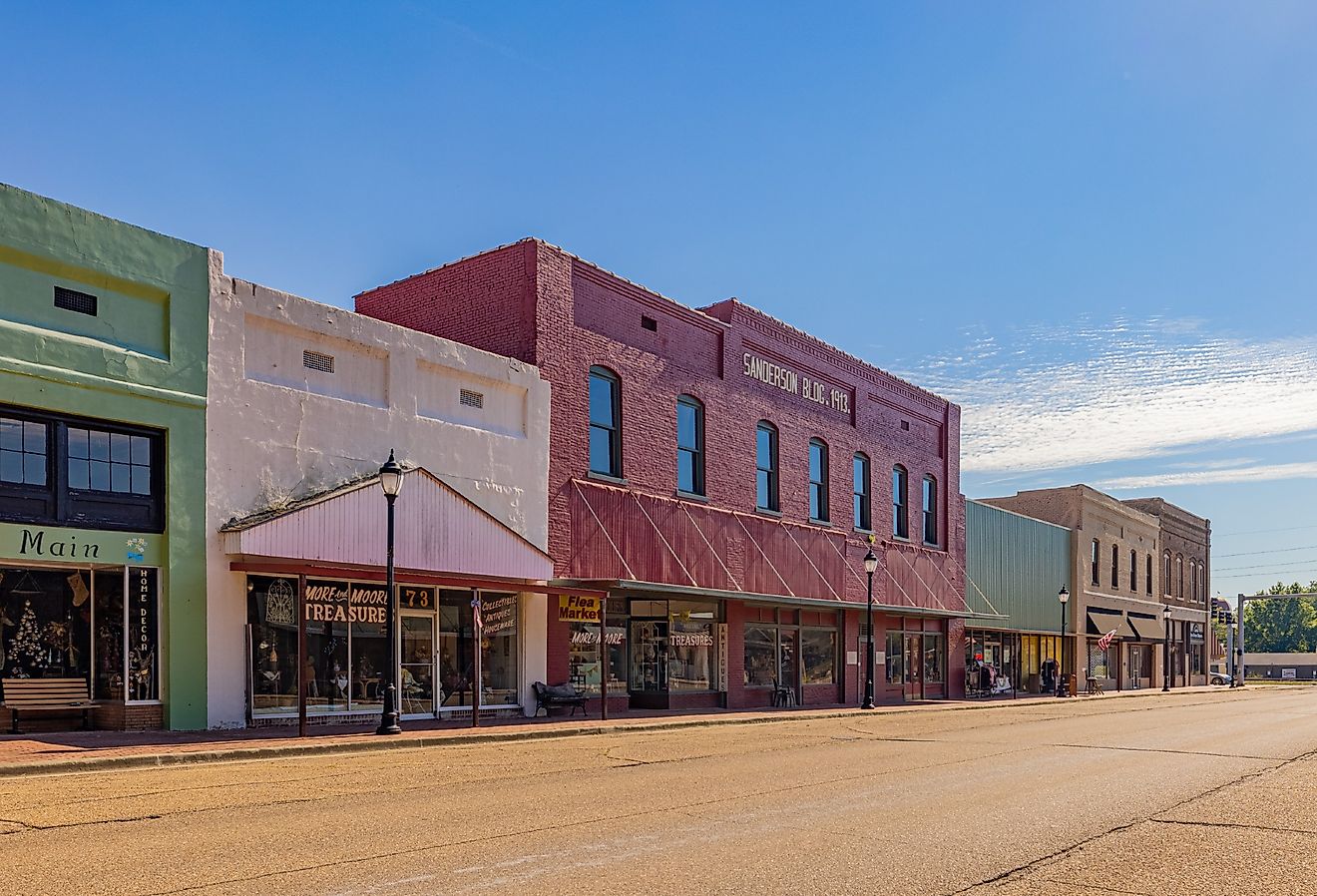
Grand Rapids, Michigan
Grand Rapids is the second-largest city in Michigan, United States. It is a place of year-round fun, as it is located just inland of the eastern Lake Michigan's beaches and because of the wildly snowy yet inviting winters. Grand Rapids also proudly goes by "Beer City," as it was rightfully voted by readers of USA Today (as well as the "Best Beer Town" and the "Best Beer Scene"). What better way to feel the warm welcome of Grand Rapids than by sitting down with a nice cold one?
Geography Of Grand Rapids

Grand Rapids is located on the Central-West portion of Michigan's Lower Peninsula, in Kent County. The city occupies a land area of 45-square-miles around the Grand River, and sits about 30-miles East of the Eastern shore of Lake Michigan, which is one of the Great Lakes. The capital city of Lansing is roughly 67-miles East of Grand Rapids; Kalamazoo is about 50-miles South; and the coastal, weekend getaway towns of Saugatuck and South Haven lie approximately 40-miles and 60-miles, respectively, to the Southwest.
Climate Of Grand Rapids
Because of the city's proximity to Lake Huron and its Northern latitude, Grand Rapids experiences a wide temperature arc and high precipitation levels, including significant amounts of snow. The average annual temperature is between 47 and 49 degrees Fahrenheit. This ranges from a July peak of 82 - 83 degrees and a January/February low of 18 - 19 degrees. On average, Grand Rapids receives 36 - 37 inches of rain each year and around 64 inches of snow throughout the winter and early spring. There are roughly 158 sunny days per year, and the average annual relative humidity is about 71%.
Brief History Of Grand Rapids

The Hopewell Indians (a designation given by modern archeologists based on the excavation of large burial mounds on Mordecai Hopewell's property) were the early inhabitants of Eastern North America, which included the Grand River Valley. They were present during the Middle Woodland Period, as early as 100 B.C. Roughly 300 years ago, the Ottawa Tribe settled in villages along the Grand River.
The first European settler was a Baptist minister by the name of Isaac McCoy. He arrived in 1825. The following year, a French trader named Louis Campau started a trading post around modern-day Grand Rapids. Upon its establishment, the Ottawa people began trading fur pelts for European metal and textiles. In 1831, Campau bought the entire downtown business district of Grand Rapids from the federal government for a whopping total of $90. In 1838, the settlement was incorporated as a village, and in 1850 Grand Rapids was formally designated as a city.
The city's first main claim to fame was in the production of fine furniture. The 1876 international exhibition in Philadelphia brought their craftsmanship to the world stage. Some other notes of interest for Grand Rapids include building the United State's first hydroelectric plant in 1881 and becoming the first US city to add fluoride to its drinking water in 1945.
Demographics Of Grand Rapids
Based on the United States Census Bureau's data from April 1, 2020, the population of Grand Rapids was approximately 198,917, which was up from the 2010 figure of 188,040. The sex ratio was 51% female and 49% male. The racial/cultural demographics were as follows: 58.2% White alone (not Hispanic or Latino), 18.1% Black or African American, 16.3% Hispanic or Latino, 2.6% Asian, 0.4% American Indian or Alaska Native, and 7.9% identified as two or more races. The percentage of residents born outside of the United States was 11.1%. The age breakdown was: 6.9% under the age of 5, 22.3% under 18, and 12.4% over 65. Finally, Grand Rapids was home to 7,176 veterans.
The Economy Of Grand Rapids

According to the same 2020 data set, the median household income in Grand Rapids was USD 51,133. The per capita income over the prior 12-month period was USD 26,556. The poverty rate was about 19.9%. 67.6% of residents above the age of 16 were registered in the civilian labor force. The average value of an owner-occupied housing unit was USD 156,500, and the average cost of rent was USD 947.
Attractions In And Around Grand Rapids

Grand Rapids shines in all four seasons, from spring festivals to summers at the beach in nearby Saugatuck to the beautiful fall foliage and ice skating with the warm winter community. No matter the time of year, Grand Rapids always offers eclectic live entertainment, solid outdoor recreation, and a determined arts scene, as is best demonstrated by the Frederik Meijer Gardens & Sculpture Park. And, of course, the 80+ breweries along the Beer City Ale Trail make Grand Rapids a great "beercation" destination and a worthy winner of the "Best Beer City" crown in national polls.
Grand Rapids is a four-season vacation destination for beach lovers, winter wonderland enthusiasts, and indulgent consumers alike. It delivers big-city entertainment while also serving as a gateway to the many small towns and the robust naturescape that the state of Michigan has to offer.
